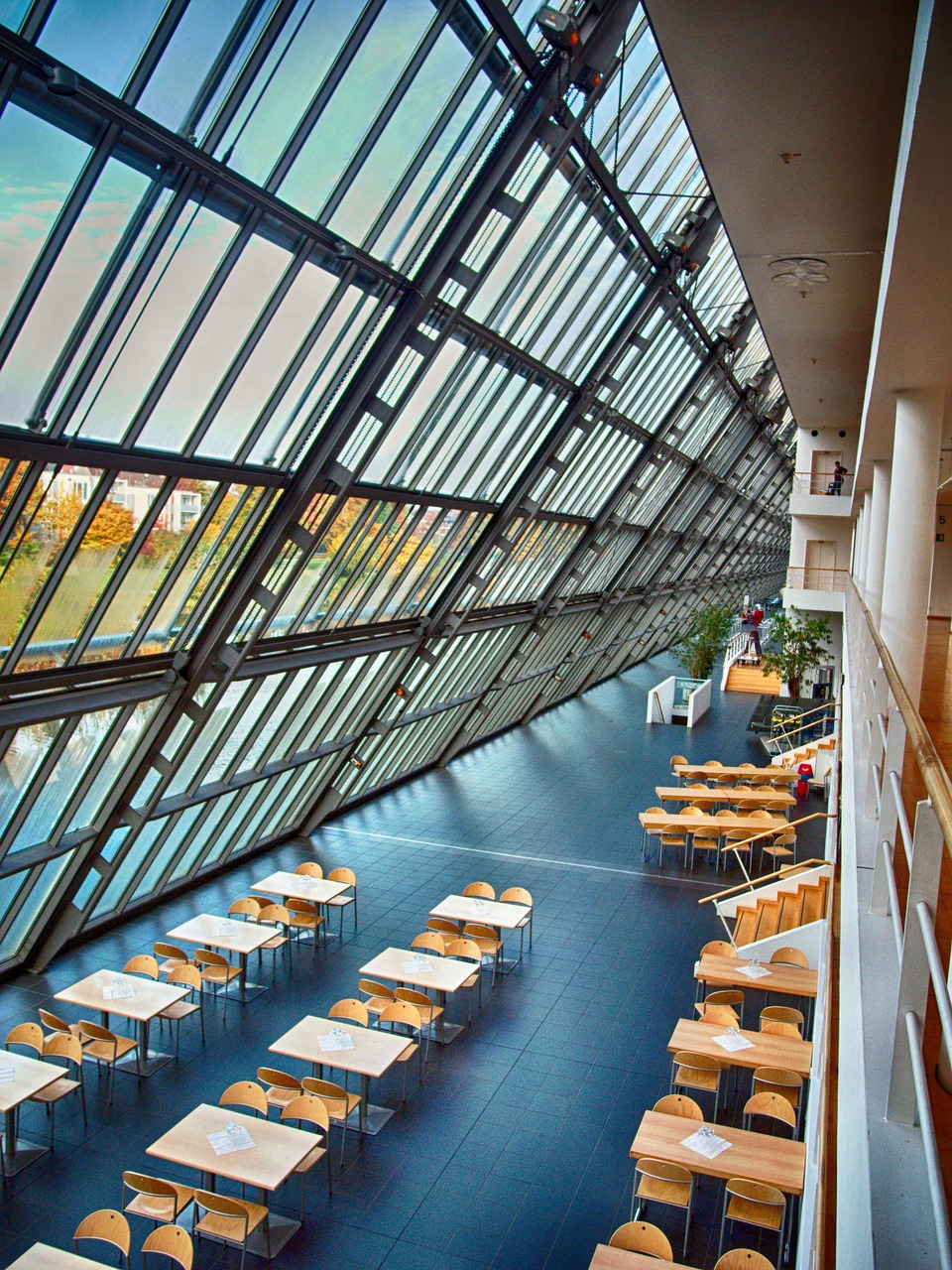
The Metaverse: Next Evolution of Digital Interaction
Explore the Metaverse and understand how it is revolutionizing digital interaction, creating new opportunities in gaming, social media, entertainment, and business.
Introduction: The Metaverse – What Is It?
The Metaverse represents the next major evolution of the digital world, where virtual environments, digital avatars, and immersive experiences blend seamlessly with our physical lives. It goes beyond traditional internet experiences by offering a fully immersive and interactive virtual space where people can work, play, socialize, and create in new ways.
While the concept of the Metaverse has been around for decades in science fiction, recent advancements in Virtual Reality (VR), Augmented Reality (AR), and blockchain technology have brought it closer to reality. In this article, we will explore what the Metaverse is, how it is evolving, and what it means for our future digital interactions.
1. Understanding the Metaverse: A Virtual Reality Universe
At its core, the Metaverse is a collective virtual space, created by the convergence of virtually enhanced physical reality, digital environments, and interconnected 3D virtual worlds. The Metaverse allows users to interact with each other and the environment in real-time through their digital avatars, and it incorporates elements like VR, AR, and blockchain for authenticity and security.
- Example: Imagine stepping into a digital world like Decentraland or Somnium Space, where you can not only chat with people globally but also buy virtual property, attend concerts, or play games—everything done in a virtual environment.
- Impact: The Metaverse is revolutionizing social interaction, entertainment, and commerce by offering an immersive alternative to our current digital experiences.
2. Digital Interaction: Connecting in Virtual Worlds
One of the most exciting aspects of the Metaverse is its potential to change how we interact with others online. Traditional online interactions, like text or video chats, are evolving into more engaging and dynamic conversations in virtual spaces.
- Example: Platforms like VRChat allow users to embody avatars and interact with others in 3D spaces, providing more personal and emotional engagement than typical chat or video-based communication.
- Impact: The Metaverse creates an opportunity for more meaningful digital connections, whether for social, business, or educational purposes. Virtual presence enhances communication and helps users forge deeper bonds, even in a completely digital space.
3. The Role of Virtual Reality (VR) and Augmented Reality (AR)
The success of the Metaverse relies heavily on advancements in VR and AR technologies. These technologies enable users to experience virtual worlds in a way that feels real, allowing them to interact, work, and play in completely immersive environments.
- Example: Using a VR headset like Oculus Quest 2, users can explore virtual worlds, attend events, and socialize in environments designed to simulate real-life experiences. On the other hand, AR technologies, like those seen in Pokemon GO, overlay digital information on the real world, creating hybrid experiences.
- Impact: These technologies are crucial in shaping the Metaverse, as they help create highly immersive, interactive, and visually stunning environments that blur the line between physical and digital reality.

4. The Metaverse and Blockchain: Ensuring Security and Ownership
In the Metaverse, blockchain technology plays a vital role in securing digital transactions and ensuring ownership. Blockchain, the same technology behind cryptocurrencies like Bitcoin and Ethereum, allows for decentralized record-keeping, making it ideal for the Metaverse’s economy.
- Example: NFTs (Non-Fungible Tokens) enable users to buy, sell, and trade digital assets, such as art, virtual real estate, and avatars, with proof of ownership. For instance, platforms like Decentraland allow users to purchase virtual land and buildings, with the ownership tracked on the blockchain.
- Impact: Blockchain ensures that virtual assets in the Metaverse are secure and verifiable, allowing for real-world ownership of digital items and supporting the creation of a new economy based on virtual goods and services.
5. Gaming in the Metaverse: A New Level of Immersion
The Metaverse is revolutionizing the world of gaming by offering experiences that go beyond what traditional games can provide. In the Metaverse, games are no longer confined to static levels or predefined stories—they are dynamic, evolving worlds where players can create their own experiences.
- Example: Fortnite, which has evolved into a Metaverse-like platform, hosts live concerts, in-game events, and social spaces, transforming gaming from a solo or competitive activity into a social, shared experience.
- Impact: With the Metaverse, gaming becomes more immersive, social, and interactive, providing players with endless possibilities for entertainment, exploration, and even business opportunities.
6. Social Media in the Metaverse: A Virtual Social Experience
Social media as we know it today is moving towards a new frontier with the advent of the Metaverse. Platforms like Facebook, now rebranded as Meta, are pushing the boundaries of digital interaction, aiming to build virtual spaces where users can interact, share, and create content in entirely new ways.
- Example: In the Metaverse, users can create and customize avatars, attend virtual events, and engage in activities like shopping, gaming, and socializing—all while maintaining real-time interactions with friends and followers.
- Impact: Social media in the Metaverse will create more immersive and engaging interactions, shifting from a passive scrolling experience to an active, participatory form of communication.
7. The Future of Work in the Metaverse
The Metaverse isn’t just about entertainment or social interaction—it’s also transforming the world of work. Virtual reality platforms allow businesses to create virtual offices and workspaces, offering employees an immersive environment where they can collaborate and brainstorm in real-time, regardless of location.
- Example: Meta (formerly Facebook) is already developing virtual meeting spaces where teams can meet, work on documents, and interact via avatars, eliminating the need for physical office spaces and providing greater flexibility.
- Impact: The Metaverse will enable remote work to reach new heights, with employees collaborating in shared virtual spaces, making it easier for businesses to connect teams from around the world.

8. The Digital Economy: Virtual Goods and Services
As the Metaverse grows, it will create a digital economy where virtual goods and services hold real-world value. Virtual real estate, digital collectibles, and even virtual fashion are already becoming popular in the Metaverse.
- Example: The Sandbox allows users to buy virtual plots of land, build structures, and host events, all while generating revenue through the sale of virtual assets.
- Impact: The digital economy in the Metaverse will redefine the concept of ownership, providing opportunities for creators, developers, and users to generate income through virtual assets and services.
9. The Metaverse’s Impact on Education and Learning
Education is another sector set to benefit from the Metaverse. Virtual learning environments and immersive simulations allow students to engage with subjects in more interactive and meaningful ways.

- Example: Platforms like Engage VR and ClassVR allow students to explore complex concepts through interactive 3D models, participate in virtual field trips, or engage in hands-on experiments in virtual labs.
- Impact: The Metaverse will make education more accessible, engaging, and interactive, opening new doors for learning experiences that were once impossible.
Conclusion: The Metaverse – A New Digital Frontier
The Metaverse is the next major evolution in digital interaction, offering a fully immersive, interconnected virtual world where the possibilities are endless. From gaming and social media to education, work, and entertainment, the Metaverse promises to revolutionize how we live, work, and play in the digital space.
As technology advances, the Metaverse will continue to evolve, creating new opportunities for innovation, connection, and economic growth. The future of digital interaction is here, and it’s immersive, decentralized, and limitless.





